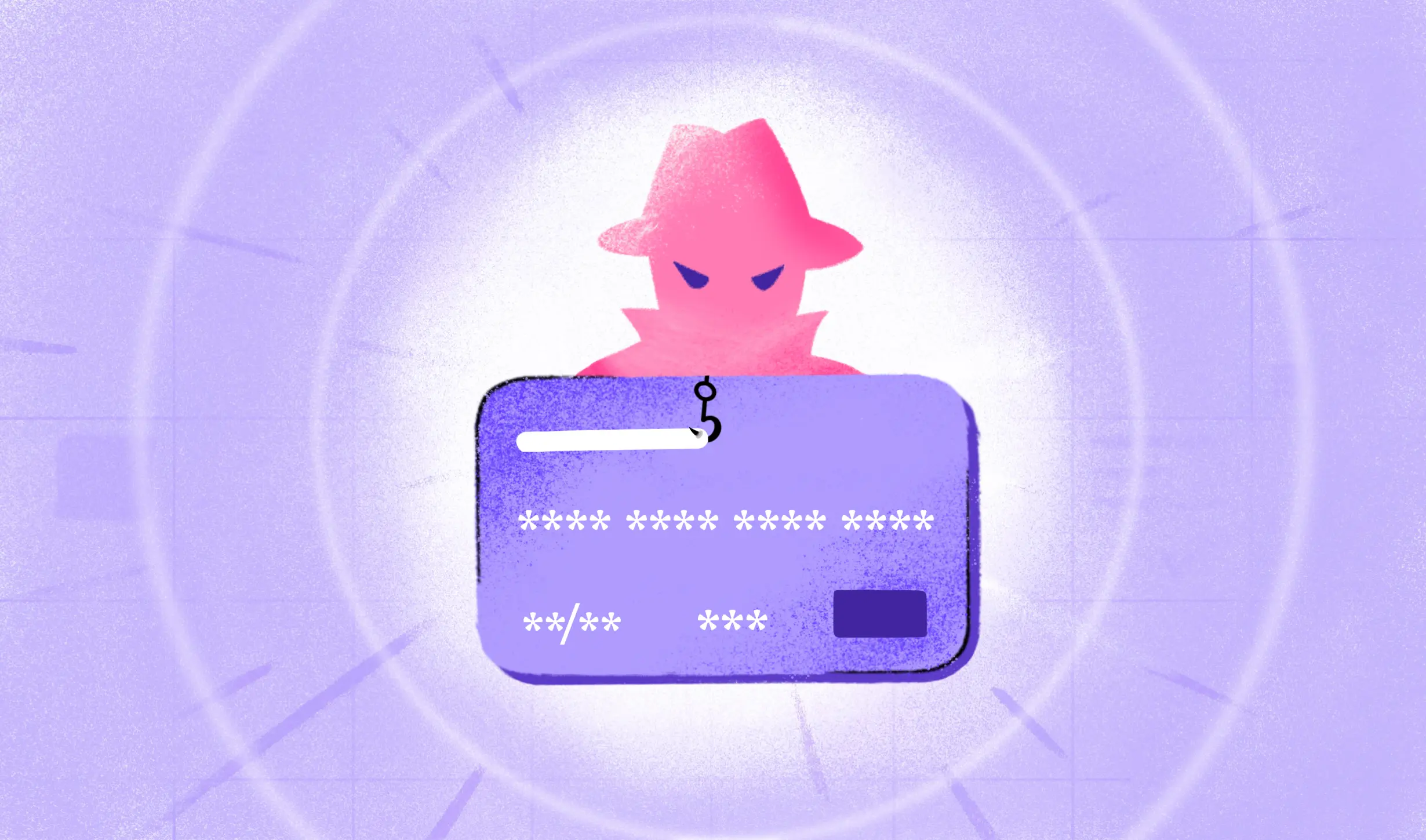What Is KYC In Crypto: Benefits, Risks & Automation
Crypto was designed to be used anonymously. KYC crypto regulations in recent years have forced crypto firms to collect KYC despite them trying to resist these compliance measures.
The goal of mandating KYC verification for Crypto exchanges attempts to reduce illegal and illicit activities being carried out. With stringent KYC checks, suspicious activities become easier to identify.
eKYC is the method used to collect customer information. Most firms use digital methods to collect customer data, asking customers to send in scanned copies of their IDs or photos of their documents. e-KYC means Electronic Know Your Customers.
How does KYC benefit Crypto firms?
A well-structured KYC process helps crypto firms figure out precisely who they are dealing with. A clear understanding of their customers and what they intend to do with the funds enable crypto firms to serve them diligently.
KYC helps crypto firms get a better understanding of who their customers are. This helps them curb money laundering or other illegal activity. If a known criminal submits their information to a Crypto firm, the Crypto firm has the option of disallowing that customer from depositing funds.
The Crypto market is infamously volatile—even a social media rumor can send Crypto markets crashing. Increasing KYC data collection can help stabilize the market and boost market value over time. KYC has been instrumental and will continue to be central to ensuring that the Crypto market becomes more secure.
Without the online KYC verification process, a Crypto firm could be held liable when a user commits a major crime. With KYC, there is clear evidence of exactly who committed the crime, thereby allowing Crypto firms to exonerate themselves. This is a major reason why most firms are now KYC and AML compliant. Implementing KYC measures ensures that companies face fewer legal challenges and focus on growing their brands.
For Crypto firms, a proper KYC process means that customers know that only verified users can use this particular exchange or crypto firm. They also know that the crypto firm is compliant with the required laws, regulations, and financial legislature. This knowledge increases the transparency that Crypto firms can share with their users.
When users see that Crypto firms are taking measures to safeguard them, their trust and loyalty toward those firms build over time.
Why do Crypto Firms need KYC?
Since most crypto exchanges are classified as MSBs (money service firms) under federal legislation, KYC in crypto is now a requirement. Even though decentralized services are designed to allow customers to maintain anonymity, most crypto firms have come around to introducing some form of Know Your Customer measures.
The implementation of KYC helps crypto firms in tackling this issue of anonymity by helping them understand who their customers are and how a particular customer is using their services.
Completing KYC may aid investors in later complaints or grievance resolution. It may also prove to be a necessary step in legitimizing and improving the perception of common people about cryptocurrency, which often gets a tainted reputation for being associated with money laundering and cybercriminals.
KYC Automation in Crypto Firms
The KYC process demands vast amounts of data collected, processed, stored, and remains easily accessible when required. All this has to be done securely. The most efficient way to manage this process is by implementing automation in the KYC process. This way, companies have a streamlined process to collect and process customer data.
KYC automation tools ensure that crypto firms remain agile in a regulatory environment facing constant changes. KYC software may come in handy to help exchanges adapt to regulatory environments and also help them make crucial decisions.
When handling vast amounts of customer data, there is a risk of data loss, misuse, or other security risks. Using a KYC software compliant with data management regulations and has a proven track record is vital.
With the varying regulations worldwide and the constant changes to these regulations, Crypto firms need to run the risk of breaching compliance. Automated software is programmed to collect the required data, using the mandated process for each particular region. This means they don’t have to worry about regulatory authorities cracking down on them for improper procedures.
To ensure that Crypto users can complete their KYC, firms should consider posting information on how customers can complete their KYC online. Having FAQs to guide their customers and ensure that proper identification and information is provided is crucial to ensuring that KYC data is collected quickly and efficiently.
KYC risks in crypto exchanges
Crypto exchanges require a robust KYC system implemented in place. This system ensures these exchanges don’t face any regulatory problems or aren’t subject to any financial crimes. If a strong KYC protocol is not in place, crypto exchanges are open to various risks and vulnerabilities:
- There is an increased chance of money laundering practices as well as terrorist financing through anonymous accounts.
- Identity theft crimes can go unnoticed.
- Due to the speed of transactions, many AML/CFT checks can be skipped, Exchanges need to make sure, the AML/CFT checks are completed before the conclusion of the transaction.
- The lack of proper KYC infrastructure can also negatively affect user experience. Better KYC protocols can ensure low-risk users are treated with faster speed and better efficiency.
Challenges faced by crypto exchanges with KYC
Like everything else, a strong KYC system comes with its own pros and cons. These challenges come in the form of increased costs, friction during user onboarding, and data security.
- More KYC regulations mean more money spent. Crypto exchanges need to spend money to register with regulatory bodies as well as to create a budget for the identity verification process as a whole.
- If a case of manual verification pops up, it will result in a lot of friction during onboarding.
- Traditional KYC involves storing and sharing sensitive user data. There is the constant threat of hackers trying to steal this data and the best way to combat it is to have strong data security procedures in place.
Conclusion
While there is likely to be an adjustment period as KYC processes for Crypto standardized worldwide, there are numerous benefits for Crypto firms. Crypto firms should begin implementing KYC to remain safe and garner the trust of their clients. Being compliant with regulations means that the world of Crypto gets closer to becoming accepted as a mainstream currency.
Companies that use AI and the latest and most powerful machine learning algorithms offer services that Crypto firms can use to get ahead of the curve quickly. Crypto firms need to focus on increasing their customer base and leave behind the worries of legal challenges.
Partner with an expert like HyperVerge to stay compliant with your KYC requirements.
See how Hyperverge’s advanced identity verification technology can help you stay compliant.

 US
US
 IN
IN









